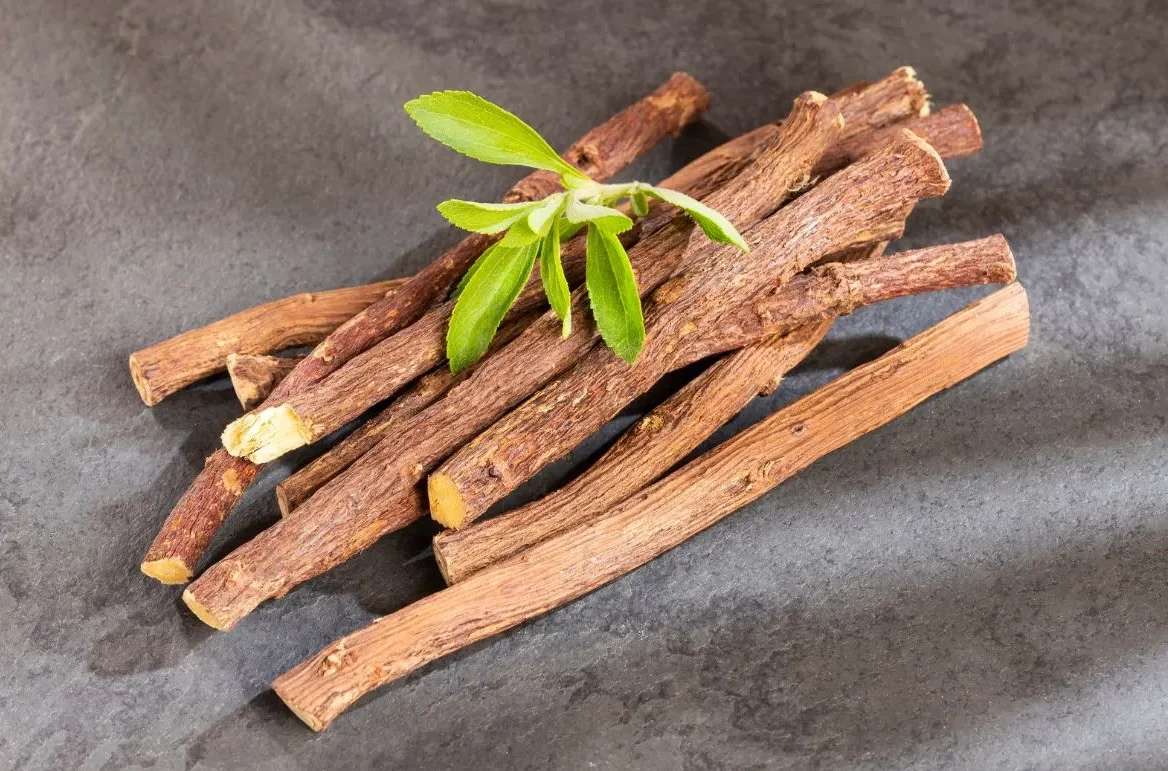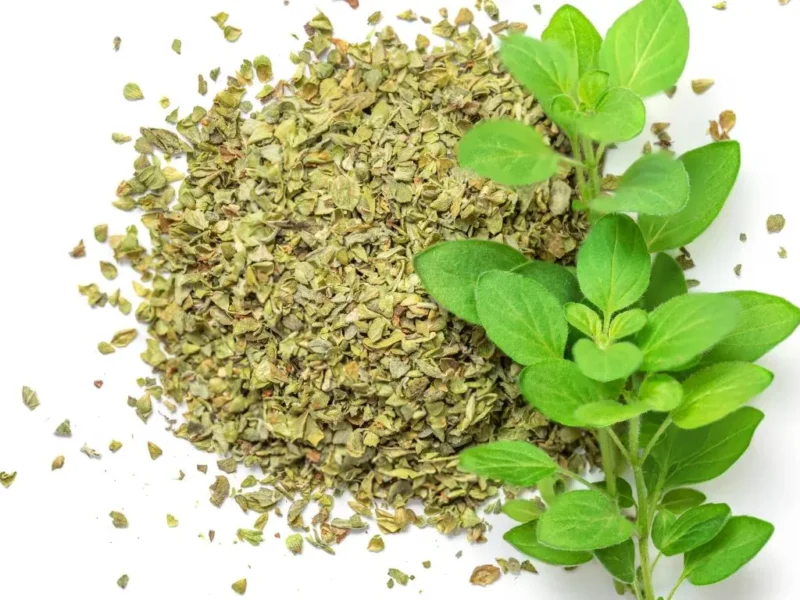Have you ever wondered, “Is licorice good for stomach acid?” If you’re one of the millions of people dealing with digestive issues, you might be searching for natural remedies to alleviate your symptoms. Licorice, a plant used in traditional medicine for centuries, has gained attention for its potential benefits in managing stomach acid.
Let’s dive into the science behind this sweet root and explore whether it could be a solution for your digestive woes.
Stomach Acid and Its Effects
Stomach acid, also known as gastric acid, is a digestive fluid produced by the stomach to break down food.
While it’s essential for proper digestion, excessive acid production can lead to uncomfortable symptoms like heartburn, indigestion, and acid reflux.
The Potential Benefits of Licorice for Stomach Acid
Licorice root contains compounds that may help soothe the digestive system and provide relief from acid-related discomfort. Here are some potential benefits:
- Mucus production: Licorice may stimulate the production of mucus in the stomach, which can create a protective barrier against stomach acid.
- Anti-inflammatory properties: Some studies suggest that licorice has anti-inflammatory effects, which could help reduce irritation in the digestive tract.
- Stress reduction: Licorice might help lower cortisol levels, potentially reducing stress-related acid production.
Scientific Evidence
While traditional use and anecdotal evidence suggest that licorice could be beneficial for stomach acid issues, it’s essential to look at scientific research. Several studies have investigated the question, “Is licorice good for stomach acid?”
A review published in the journal “Molecules” in 2020 highlighted licorice’s potential gastroprotective effects. The researchers noted that licorice extract showed promise in protecting the stomach lining and reducing acid secretion in animal studies. However, they emphasized the need for more human clinical trials to confirm these effects.
Another study published in “Evidence-Based Complementary and Alternative Medicine” in 2012 found that a specific form of licorice called deglycyrrhizinated licorice (DGL) might be effective in managing symptoms of acid reflux when combined with other herbs.
Forms of Licorice for Stomach Acid Relief
If you’re considering using licorice to address stomach acid issues, it’s important to know that there are different forms available:
- DGL (Deglycyrrhizinated Licorice): This form has had a compound called glycyrrhizin removed, which reduces the risk of side effects associated with long-term licorice use.
- Licorice root tea: A traditional method of consuming licorice, though it contains glycyrrhizin.
- Licorice supplements: Available in various forms, including capsules and liquid extracts.
Precautions and Potential Side Effects
While many people ask, “Is licorice good for stomach acid?”, it’s crucial to consider potential risks. Licorice, especially in its natural form containing glycyrrhizin, can cause side effects such as:
- High blood pressure
- Low potassium levels
- Fluid retention
- Interactions with certain medications
Always consult with a healthcare professional before adding licorice to your diet, especially if you have existing health conditions or are taking medications.
Other Natural Remedies for Stomach Acid
While exploring whether licorice is good for stomach acid, it’s worth mentioning other natural remedies that people often use:
- Ginger
- Chamomile tea
- Aloe vera juice
- Baking soda (in moderation)
- Apple cider vinegar
Remember that what works for one person may not work for another, and it’s essential to find the right solution for your individual needs.
Related Guide: Does Black Pepper Upset Stomach? Exploring the Effects of This Common Spice (2025)
Conclusion
While there’s some promising evidence suggesting that licorice, particularly in its DGL form, may help manage stomach acid-related issues, more research is needed to firmly establish its effectiveness. If you’re considering using licorice for digestive health, it’s crucial to approach it as part of a holistic strategy that includes lifestyle changes, dietary adjustments, and guidance from a healthcare professional.
Remember, managing stomach acid is about finding the right balance for your body. While natural remedies like licorice can be helpful, they should complement, not replace, conventional medical advice. If you’re struggling with persistent digestive issues, always consult with a doctor to rule out any underlying conditions and develop a comprehensive treatment plan.
By staying informed and working closely with healthcare professionals, you can explore whether licorice might be a beneficial addition to your digestive health regimen. Keep asking questions, stay curious about natural remedies, and prioritize your overall well-being as you navigate the complex world of digestive health.



